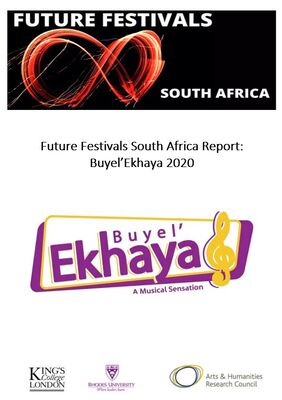 The Buyel’Ekhaya Pan African Music Festival started in 2009 and is held annually in mid-December in East London, Buffalo City Metropolitan Municipality in the Eastern Cape province. In this report, the Future Festival South Africa team explores how the festival has changed and adapted due to the Covid-19 pandemic , writing on Buyel’Ekhaya’s 2020 virtual festival edition. In 2020 Buyel’Ekhaya was televised. Though there were a number of challenges including having to navigate a change into producing a festival for television, the viewership figures of just over 400 000 people show that Buyel’Ekhaya successfully made the jump into the virtual festival format. Buyel’Ekhaya have positioned themselves well for the future with a number of business models open to them which include live and virtual elements. To read the full report, please email us at futurefestivalssouthafrica@gmail.com or complete the contact form.
0 Comments
Cultural festivals have been one of the hardest hit parts of the creative economy in the COVID-19 lockdowns. But, this is also a sector that has adapted in many innovative and exciting ways. On the 19th of May 2021 we hosted, in collaboration with the SA Cultural Observatory a workshop to facilitate knowledge sharing and discussed some preliminary results. We also hear directly from festival organisers themselves about the challenges and opportunities SA festivals face. The video of the workshop is available here below for anyone who was not able to attend. Feel free to use the forum to share your questions and ideas! Chair: Mr Mboneni Mulaudzi (SA Cultural Observatory) An introduction to the project: Dr Roberta Comunian and Prof Jen Snowball (Download presentation) · Mapping the impact of Covid-19 on SA Festivals: Fiona Drummond · Learning about new audiences using online data: Delon Tarentaal · Thinking of new possible futures: Dr Jonathan Gross Learning from new practices: Inputs from SA Festivals ·Suidoosterfees (Download Presentation) · Cape Town Carnival (Download Presentation) · Buyel’Ekhaya (Download Presentation) Questions and discussion Future Festival South Africa – Sharing knowledge and building networks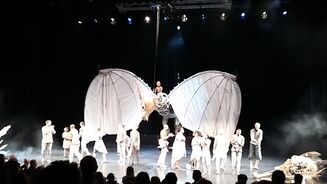 Cultural festivals have been one of the hardest hit parts of the creative economy in the COVID-19 lockdowns. But, this is also a sector that has adapted in many innovative and exciting ways! Join the SA Cultural Observatory and the international Future Festivals SA research team to see some preliminary results and to hear directly from festival organisers themselves about the challenges and opportunities SA festivals face. Date: Wednesday the 19th of May Time: 11am – 12:30pm (SA time) Location: Online The Meeting Link for pre-registration: https://us02web.zoom.us/meeting/register/tZUrfu2pqjkrGNC4AExnKV_kEoS_wrPxqpnx?fbclid=IwAR1uugzWvFiO2h62Bt2G8rvS0THQp6PuQ4GCd14JOsfWQOSnc_hmDouJUy8 Meeting: 816 9414 2124 Passcode: 506080 The Future Festivals South Africa project has been mapping the South African festivals landscape and how it has been impacted by COVID-19 shutdown. With COVID-related social distancing measures unlikely to ease to allow large in-person gatherings in 2021, festivals continue to be hard hit by the pandemic. Of the 214 cultural festivals that we mapped for 2019, only 116 took place in 2020. Of the 214 festivals that occurred in South Africa in 2019, the largest groups were mixed Arts and Culture festivals (43%) and Music festivals (38%), with smaller numbers of Film (9%), Literary (8%) and Comedy (2%) festivals. In 2020, approximately half of the Arts and Culture and Music festivals that occurred in 2019 were cancelled. However, Film, Literary and Comedy festivals adapted quite well to the restrictions, mainly by pivoting to online “virtual” festival formats. With only 28 festivals having occurred before lockdown, adaptation strategies included having smaller, in-person live events that complied with lockdown regulations (17 festivals), a hybrid (online and "live") event (7 festivals) or moving online to have a "virtual" digital festival, which was the most popular response (64 events).
The Western Cape hosted 93 festivals in 2019, making it the largest festival hosting province. Gauteng was the next largest hosting province with 54 festivals, followed by KwaZulu-Natal (22 festivals) and the Eastern Cape (16 festivals). The remaining five provinces all hosted fewer than 10 festivals each. In 2020, the Western Cape (50 festivals) and Gauteng (33 festivals) remained the largest hosting provinces. KwaZulu-Natal and the Eastern Cape also faired quite well hosting 14 and 8 festivals respectively. The Free State, Limpopo, Mpumalanga and the Northern Cape each hosted less than 5 festivals while all festivals the North West were cancelled. As the COVID-19 situation in South Africa continues to evolve, the Future Festivals South Africa project will map the 2021 festival responses to the pandemic. Suidoosterfees is an important annual festival in the South African calendar, and specifically for the Cape Region. It usually includes comedy, cabaret, and musical contributions including well-known, classical folk songs and other popular pieces. It also usually includes original theatre productions. In consideration of the restrictions imposed by Covid-19, Suidoosterfees used a combination of a drive-in format as well as a small theatre to host performances at the November 2020 edition of the event to overcome the constraints of lockdown restrictions. Future Festival South Africa is working with the organisers to understand how the audiences and contributors have experienced the new formats. For the drive-in events, a maximum of 150 vehicles were permitted, and 50 people were allowed to attend the live theatre events in person, which were also projected onto big screens for viewing by drive-in audiences. The Future Festivals research team facilitated an online audience survey of the 2020 festival, which was filled in by 72 people: 54% were First-Time Attendees and 46% Repeat Attendees. In general, the results were overwhelmingly positive: 81% of those who had been before said they enjoyed the drive-in event, and 13% said they preferred it. In terms of reasons for attending, 65% were attracted by the drive-in format, and 43% wanted to experience a cultural event as the lockdown eased towards the end of 2020. 54% of First-Time Attendees were attracted by a specific artist or performer. On an overall one to ten rating scale (where ten meant “excellent”), 97% of attendees gave the event a rating above 5, with 64% giving it a rating of nine or ten. 85% of attendees said they would definitely like to attend future drive-in events, 14% said they might attend, and only 1% said they did not want attend drive-in events in the future.
One question in our survey invited respondents to make suggestions for the next edition of Suidoosterfees, taking as a starting point the possibility that social distancing measures will still be in place for the 2021 festival. The most frequent type of response was simply to praise the 2020 festival, with comments including “Was a fantastic experience!” and “Everything was perfect and the event was very well organized”. A small number of respondents made suggestions related to Covid-19, with contrasting opinions on whether social distancing measures should be increased or decreased. One respondent, for example, suggested that audiences should be able to dance and applaud outside their vehicles, whilst another suggested more people should wear masks. However, it was a very small minority of responses that addressed these issues. Other suggestions included new ways to market the festival next year, an improved food offering, and improved sound quality. Following the festival, we had the chance for a brief focus group conversation with the festival team. They described the challenges of planning and delivering the festival this year, working around the clock to make it happen. Whilst a festival is always a huge undertaking, 2020 was of course an exceptional year in which the Suidoosterfees team had to work out the logistics of a socially distanced drive-in experience. We asked whether they had considered other ways to present the festival, and whilst an online version was a possibility, given the levels of “screen fatigue” people are experiencing the organisers were keen to put on a live event. The drive-in format comes with specific additional costs, and a reduction of ticket sales due to decreased capacity. But although this would be a challenging model to sustain, with the involvement of partner organisations providing sponsorship and support in kind it is “doable”. The festival team was pleased with how much audiences liked the drive-in experience, including several attendees who told the organisers it was “something really nostalgic and nice for them to do”, and asking that the format be part of the next festival. The festival team enjoyed that audiences were so supportive of the event – including showing their appreciation by flashing car lights and hooting car horns. The organisers were also delighted that the artists seemed to enjoy the format. Some artists expressed gratitude that the event happened at a time when so many other events had been cancelled, and some commented that playing to a drive-in was a “first time experience” which was enjoyable in itself. Reflecting on the festival as a whole, the Suidooserfees team are pleased they were able to put on the event in this way. Although some drive-in movie screenings have taken place in South Africa during the pandemic, this was a rare opportunity for audiences to see and hear live acts – from the safety of their vehicles. 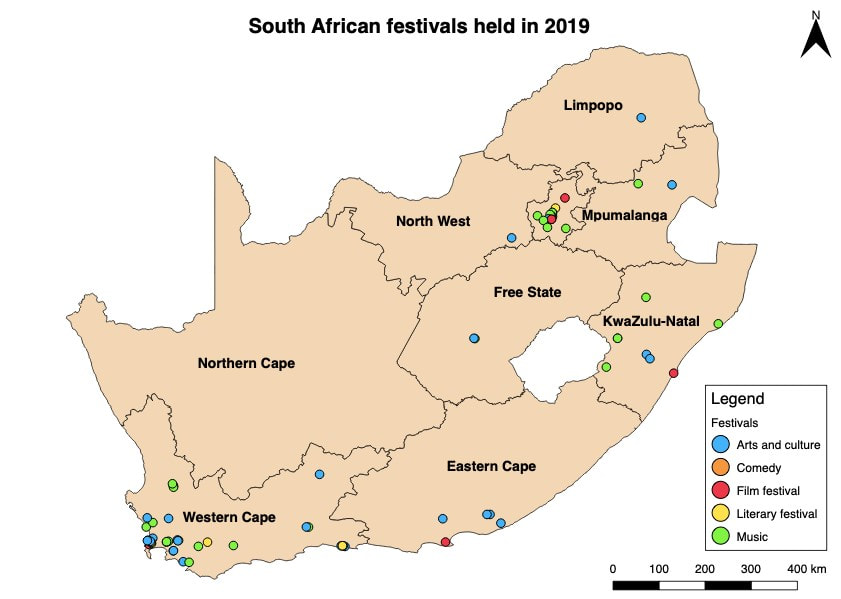 Festivals have been one of the sectors most affected by Covid-19 globally. A recent national mapping study of the South African creative economy showed that the “Performance and Celebration” domain, which includes all live music, performance arts, and festivals, grew at a faster annual rate (3.4%) than the rest of the economy (1.1%) between 2016 and 2018 (SACO Mapping Study, 2020). Part of the work of the Future Festivals South Africa project is to track the impact of the lockdown and social distancing measured put in place, as well as the adaptation strategies used by festivals that did continue. Of the 74 cultural festivals we have mapped so far, the largest groups were mixed arts and culture festivals (42) and Music festivals (42%), with smaller numbers of Film (7%), Literary (8%) and Comedy (1%) festivals. Of the cultural festivals that occurred in 2019, only 43 took place in 2020. 13 of these took place before lockdown. After lockdown, strategies included postponement (4 events), having smaller "pop-up" mini events (4 festivals), moving online to have a "virtual" digital festival (21 events), or a hybrid (online and "live") event (1 festival). 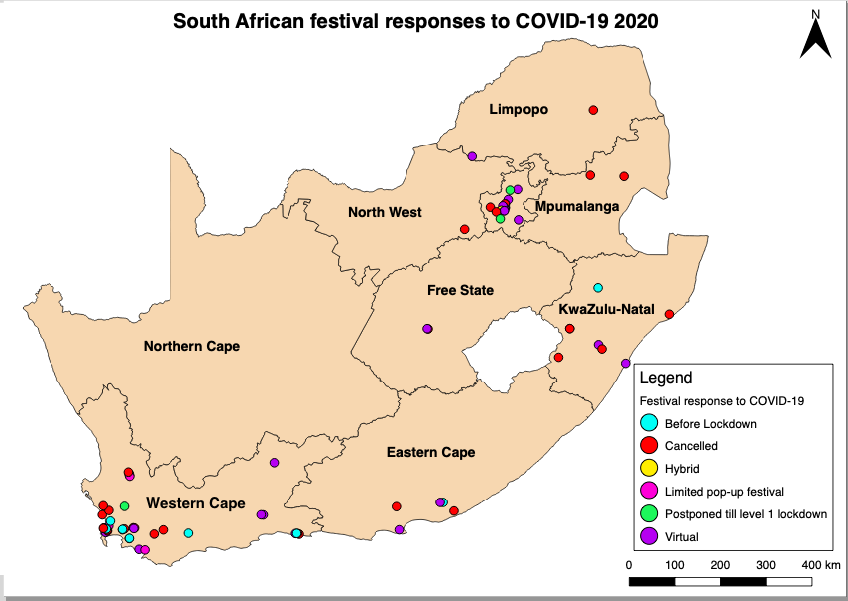 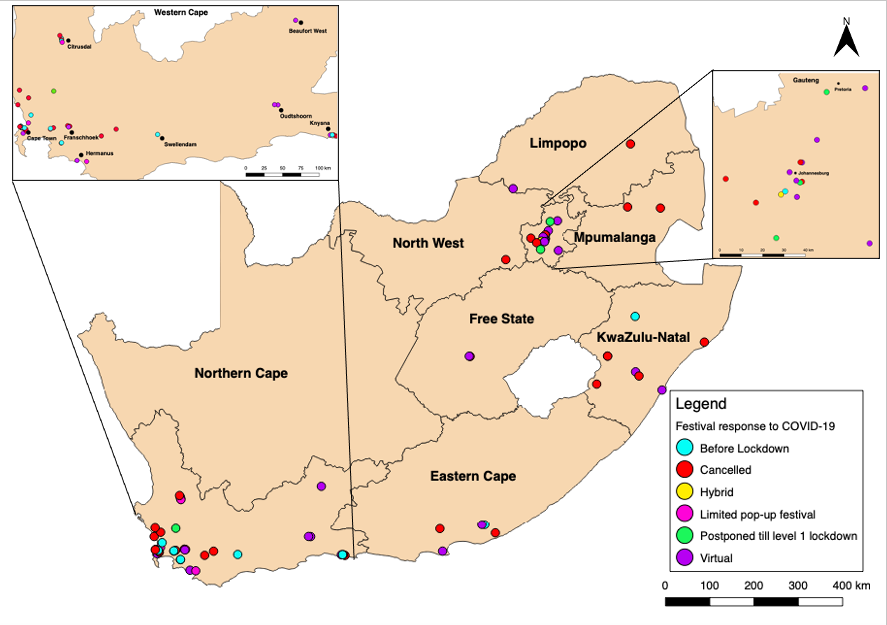 These maps are an initial opportunity to reflect on the impact of Covid-19 on arts festivals across South Africa. If you have any comments or feedback on the content of the maps, please get in touch using the form below. As the project is only just starting we want to make sure we include the views of producers and festival organisers and that no festival is excluded from our mapping. 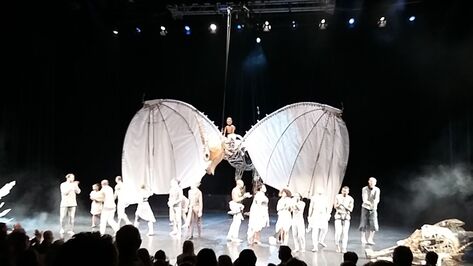 National Arts Festival National Arts Festival Festivals have been globally one of sector most affected by Covid-19. In particular, in South Africa (SA), from early exploration of the immediate impact we are aware that one major festival has not run this year (Kelin Karoo Nationale Kustefees) and the National Arts Festival (the oldest and largest festival in the country) will be run as an online event – but with very little time for planning and response to the changing situation of Covid-19 globally. Festivals are a vital sector of the cultural and economic development of SA. In economic terms, they contribute to livelihoods and local economic development but more importantly, they play a crucial role in facilitating community exchanges, cultural expression and opening culture to new audiences every year. A socio-economic impact study of the National Arts Festival, for example, showed that it contributed R86m to the local economy, and that 81% of survey participants agreed or strongly agreed that the Festival was important in building social cohesion. A recent national mapping study of the South African creative economy showed that “Performance and Celebration” (which includes festivals) grew at a faster annual rate (3.4%) than the rest of the economy (1.1.%). The uncertainty about what kind of festivals will be possible in the age of Covid-19 (during, immediately after or in connection with the possibility of on-going co-existence with the virus) in SA is fragmenting the sector and its potential to survive. Early results from a survey on the impact of Covid-19 on creative economy workers show that they are extremely vulnerable, especially those operating in the informal sector and freelancers. These groups are also less knowledgeable about government support being offered to the sector and a lower proportion of them qualify for it. This research will therefore provide urgent input and direction for thinking about immediate changes and long-term possibilities for the future of festivals during the ongoing period in which festivals will have to co-exist with the threat of the virus. Covid-19 is having a terrible impact on SA, the worst affected country in the continent from a public health perspective. However, the virus will also have long term economic impacts. It may generate new forms of social isolation and economic exclusion within a country which has struggled to build bridges between its many populations since the end of apartheid. Festivals have played an essential role in the recognition and promotion of cultural differences and heritage in SA. They allow for communities (of specific language or cultures) to come together to celebrate their heritage. For cultural producers, they also support livelihoods and income generation in those places (through visitors or tourism economies. For audiences, they have promoted cross-cultural appreciation, and new cultural opportunities for populations who otherwise experience geographic and socio-economic exclusions. |
Future Festival BlogKeep up to date about the latest research and reflections from the team Join our mailing listArchives
August 2021
Categories |

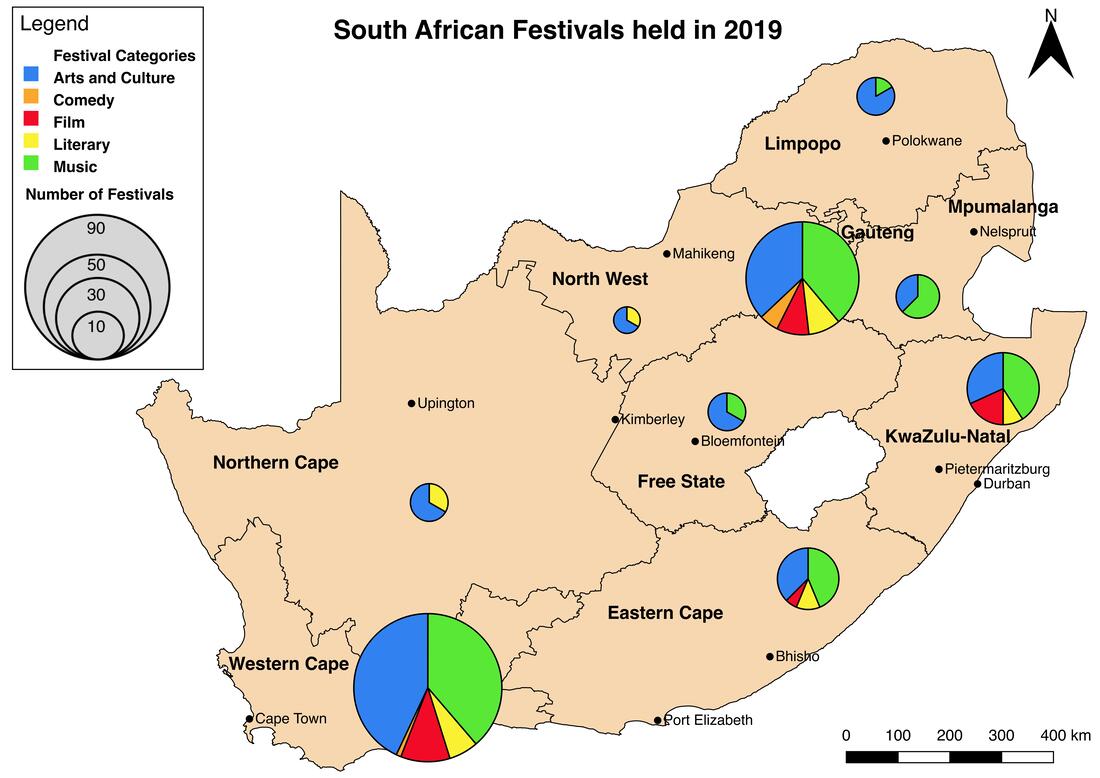
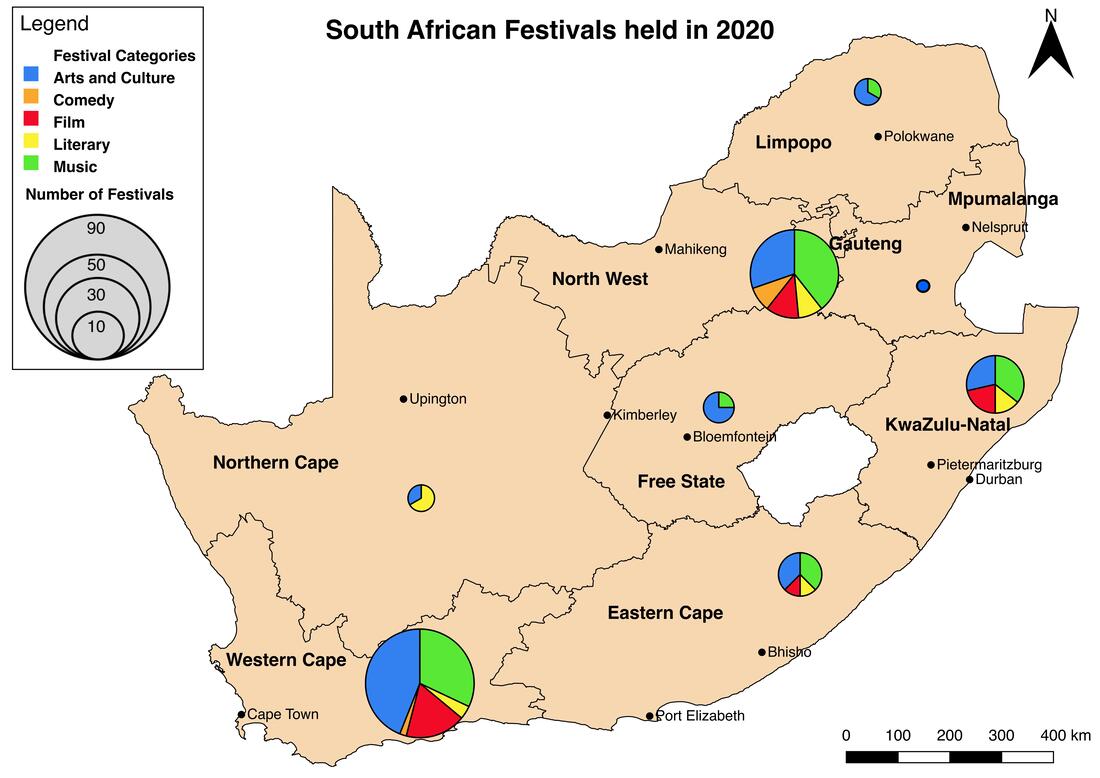
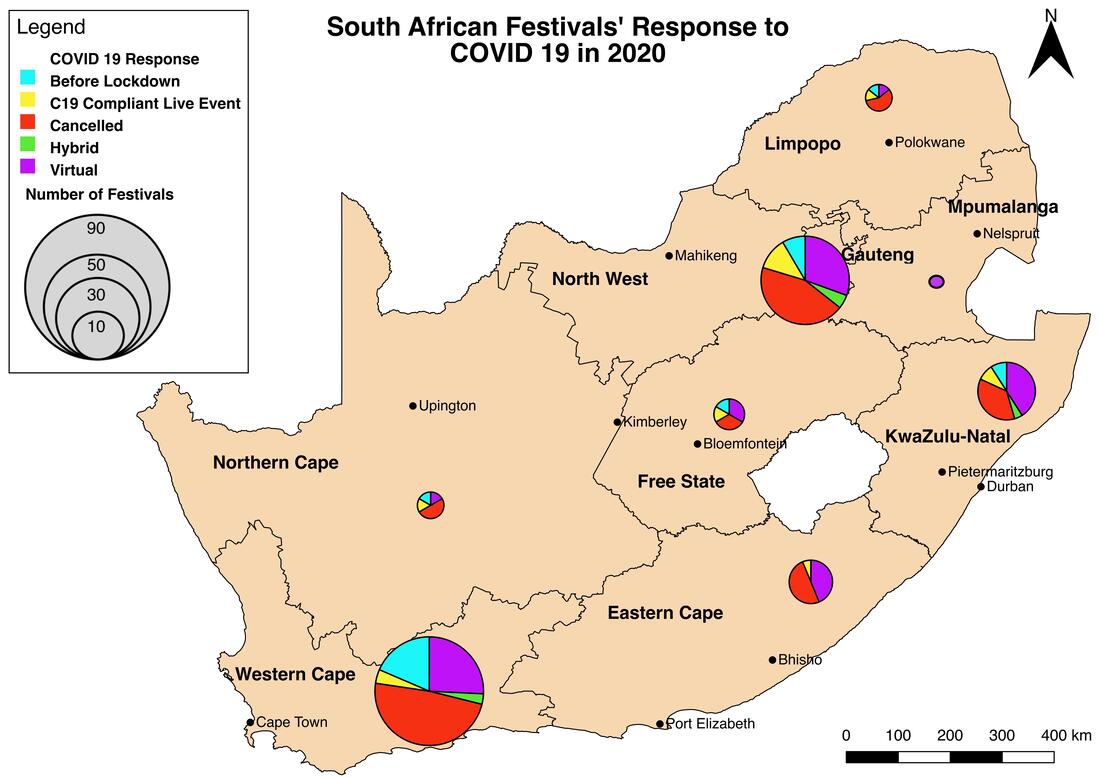
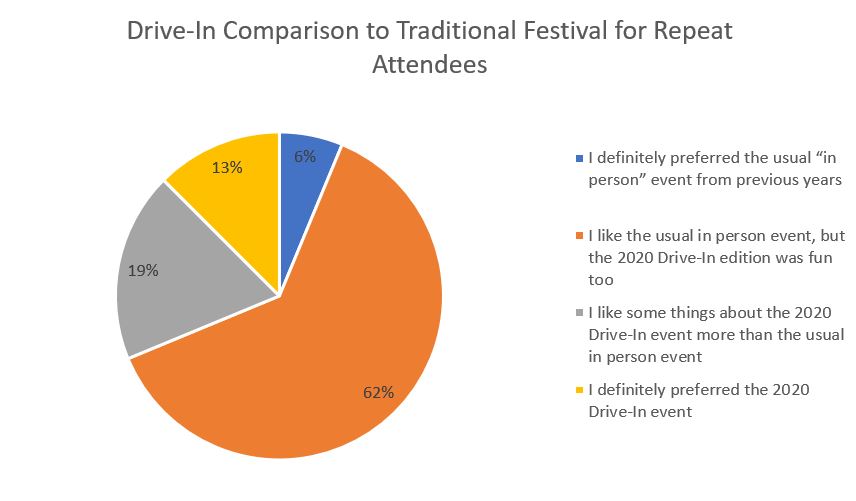
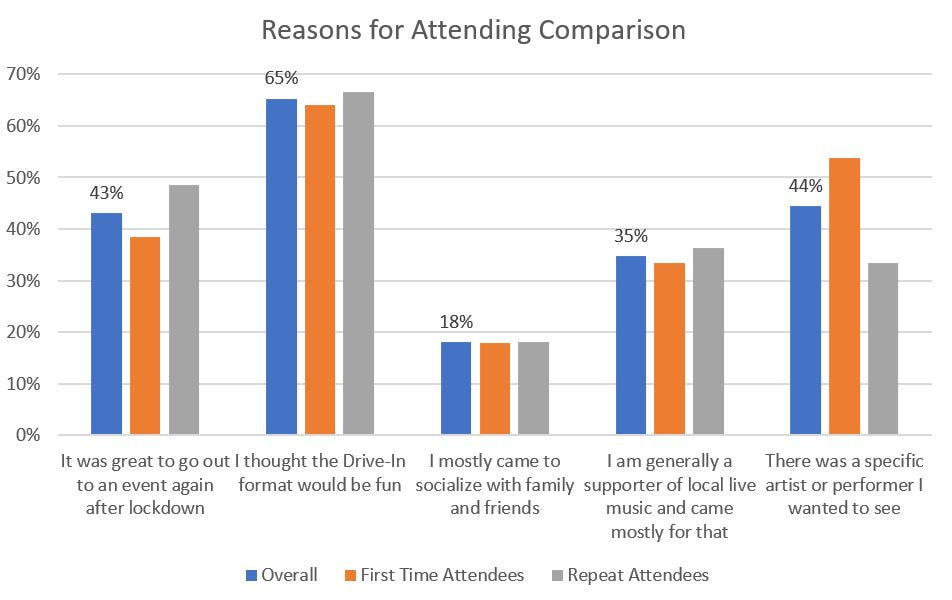
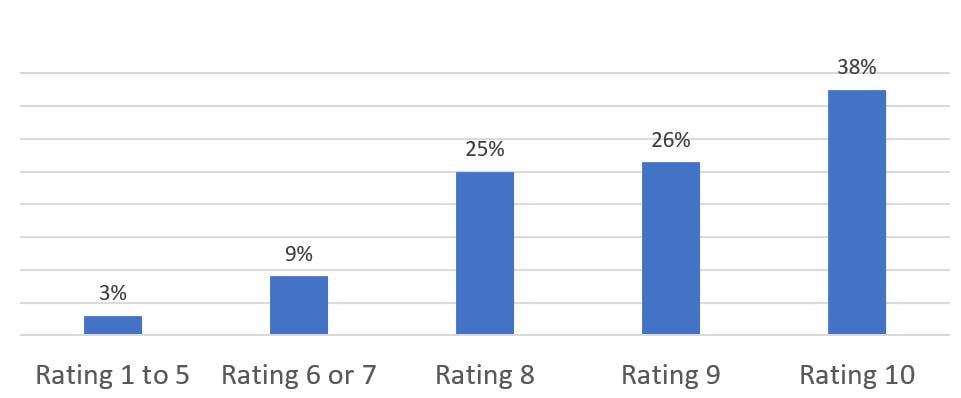
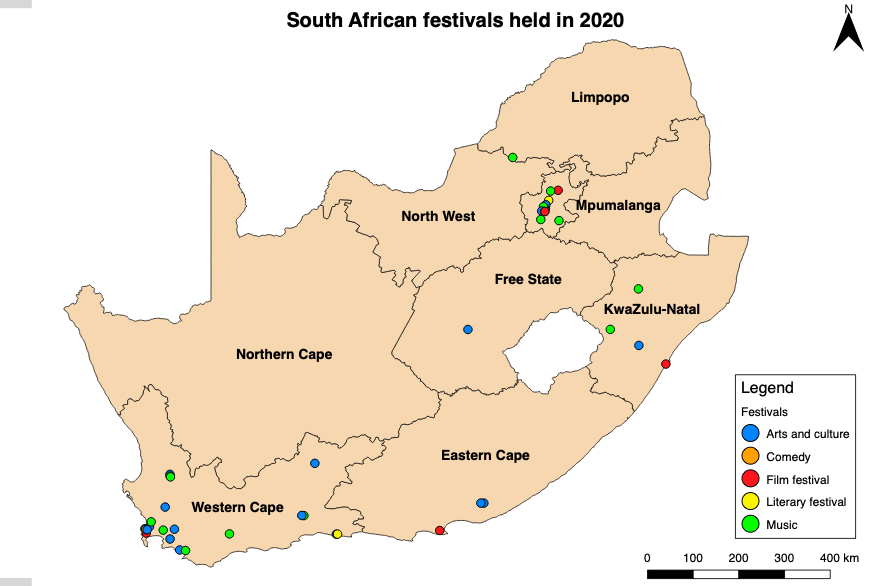

 RSS Feed
RSS Feed


